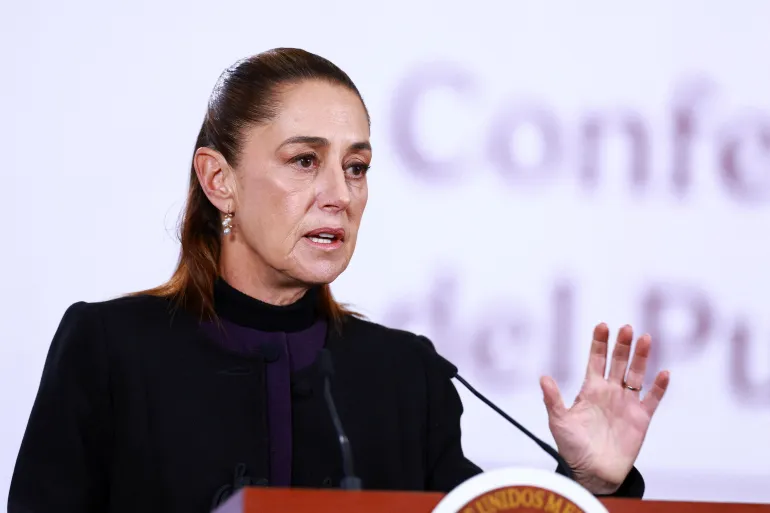Burberry, the iconic British luxury fashion house, announced on Wednesday a series of organizational changes as part of its ongoing turnaround strategy.
The company said these changes could result in a reduction of approximately 1,700 jobs globally by the end of its restructuring program in 2027.
The proposed cuts, which represent around 20% of Burberry’s global workforce, are aimed at improving efficiency and profitability amid a challenging macroeconomic environment. Most of the affected roles are expected to be in office-based functions, retail operations, and at the company’s Castleford factory in the UK. These reductions are subject to consultation processes where applicable.
As part of the wider transformation plan, Burberry intends to save £100 million ($133 million) in annual costs by 2027. This includes £60 million in newly announced cost savings from procurement, real estate, and staff-related expenses, building on a £40 million savings program introduced in November 2023.
Despite recent headwinds, including a broader slowdown in global luxury spending and geopolitical uncertainties, Burberry’s latest financial results showed slightly better-than-expected sales performance. In the fourth fiscal quarter ending in March, sales declined by 6%, a marginal improvement over analyst projections of a 7% drop. For the full year, revenue fell 12% to £2.461 billion ($3.27 billion), modestly outperforming expectations.
Sales declined across all regions, with Asia-Pacific leading the downturn. The Americas, which had shown resilience in previous quarters, recorded a 4% drop in the final quarter. Burberry cited increasing global economic and geopolitical uncertainty as key risks moving forward, including potential impacts from tariffs and fluctuating consumer sentiment.
Chief Executive Officer Joshua Schulman, who joined Burberry in July 2023, reiterated his commitment to revitalizing the 169-year-old brand. Under his leadership, the company is focusing on streamlining operations, investing in core product lines such as its trench coats and scarves, and adjusting pricing strategies.
“We are operating against a difficult macroeconomic backdrop and are still in the early stages of our turnaround,” Schulman said in a statement. “But I am more optimistic than ever that Burberry’s best days are ahead.”
CFO Kate Ferry noted that the potential impact of US tariffs remains a “very dynamic” factor but emphasized the company’s geographic diversification, with the US comprising 19% of overall sales.
In response to the restructuring announcement and results, Burberry’s shares rose over 8% on Wednesday, signaling cautious optimism among investors. However, some analysts have warned that the turnaround may take time to deliver meaningful results, citing ongoing challenges in brand repositioning and consumer engagement.










The latest news in your social feeds
Subscribe to our social media platforms to stay tuned